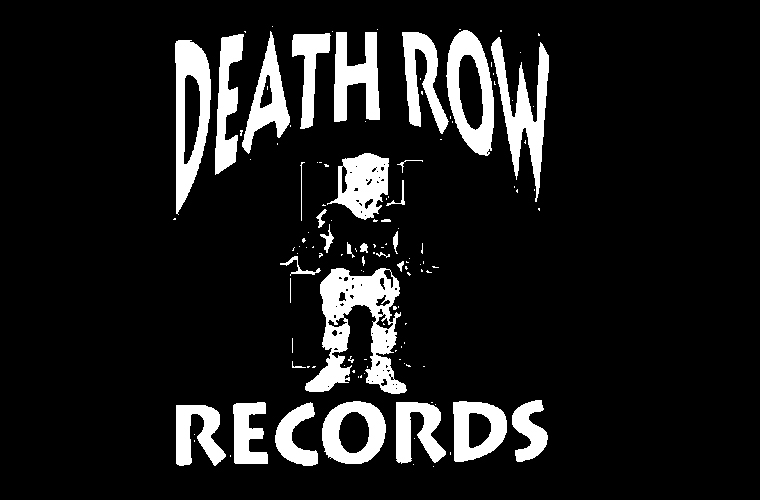Death Row Records emerged from the streets of Los Angeles in 1991, founded by Marion “Suge” Knight and Andre “Dr. Dre” Young. Knight, a former football player turned music industry figure, sought to create a label that championed the raw energy of the West Coast hip-hop scene. Dr. Dre, a rising producer and rapper recently departed from N.W.A., brought his production genius and artistic clout to the table.
Their first major move was signing Dr. Dre himself. The label’s debut release, Dre’s solo album “The Chronic” in 1992, became a genre-defining masterpiece. “The Chronic” blended Dre’s signature G-funk sound – a smoother, more melodic take on gangsta rap – with Snoop Dogg’s laid-back flow, creating a sound that resonated with audiences worldwide.
Death Row’s roster quickly expanded with talented artists like Snoop Dogg, whose debut album “Doggystyle” became another massive success. They signed rapper Tupac Shakur in 1995, further solidifying their dominance. Death Row’s formula – boasting about gang culture, violence, and materialism – was controversial but undeniably effective. Their albums topped the charts, rappers became superstars, and Death Row was raking in millions.
However, success came at a price. The label became notorious for its association with gang violence, with alleged ties to real-life conflicts fueling the East Coast-West Coast hip-hop rivalry. Tupac’s tragic murder in 1996 marked a turning point. Legal troubles and internal conflicts plagued Death Row. Dr. Dre and Snoop Dogg departed, leaving the label floundering.
Despite initial financial success, Death Row filed for bankruptcy in 2006. The label’s legacy remains complex. It undeniably shaped the sound of hip-hop and launched the careers of iconic artists. Yet, the violence and controversy surrounding Death Row continue to cast a long shadow. In 2022, Snoop Dogg, a former artist, acquired Death Row Records, hinting at a potential revival, but its future remains uncertain.

